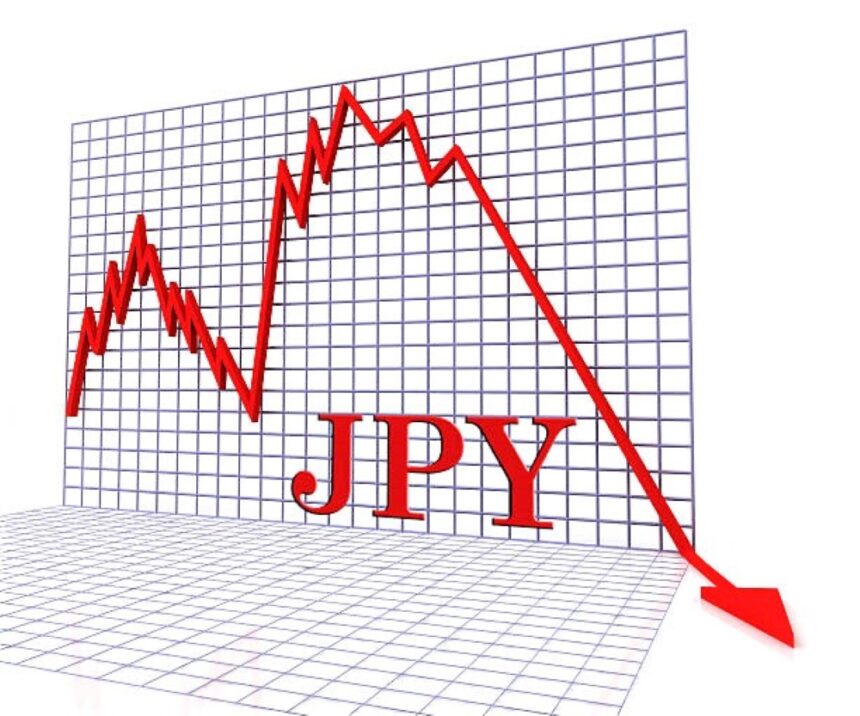USDJPY begins the new week on a high tone, albeit without any follow-through purchasing.
The USDJPY pair gets some dip-buyers on the first day of a new week, but it fails to find acceptance above the 147.00 level and capitalize on the rise up. Sot prices have given up a significant portion of their intraday gains and are currently trading with a modest positive bias around the 146.75-146.80 range.
Divergent BoJ-Fed policy expectations also contribute to bulls remaining on the sidelines.
Former Bank of Japan (BoJ) board member Makoto Sakurai stated that the central bank will not be able to raise rates again in 2024, and forecasts a rate hike in March 2025, citing recent market volatility and the limited chance of a swift economic rebound. This comes on top of recent dovish remarks from BoJ Deputy Governor Shinichi Uchida, who stated that the central bank will not raise interest rates while markets are volatile, undermining the Japanese yen (JPY) and offering some support to the USDJPY.
Aside from that, a generally optimistic tone in the equities markets undercuts the JPY’s relative safe-haven character, which, combined with a minor US Dollar (USD) increase, contributes to the bid tone around the USDJPY pair. Meanwhile, the BoJ’s summary of opinions from the July policy meeting, published last week, revealed that some members see room for future rate increases and policy normalization.
Persistent geopolitical worries underpin the safe-haven USDJPY while limiting gains for the major.
Geopolitical worries aid to restrict further JPY losses and cap the USDJPY pair.
In fact, Israel’s intelligence agency believed Iran had resolved to attack Israel directly and could do so within days in reprisal for the killing of Hamas leader Ismail Haniyeh in Tehran in late July. Furthermore, US Defense Secretary Lloyd Austin informed his Israeli counterpart, Gallant, in a phone call that he has directed the USS Abraham Lincoln carrier strike group to expedite its travel to the Middle East and the USS Georgia guided missile submarine to the Central Command region.
This raises the possibility of further escalating geopolitical tensions in the Middle East. In addition, bets on higher interest rates are rising by the Federal Reserve (Fed) in September prevent USD bulls from making aggressive bets. This, in turn, helps to keep the USDJPY pair under control despite relatively limited liquidity due to a Japanese holiday and the absence of key market-moving economic data.
Traders appear hesitant, and they may prefer to wait until this week’s release of US consumer inflation data before making any directional wagers. The vital CPI report will have a significant impact on the Fed’s future policy decisions, which should provide some considerable momentum to the Greenback and the USD/JPY pair









